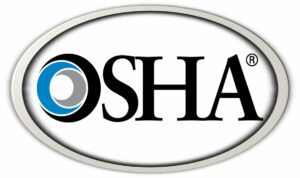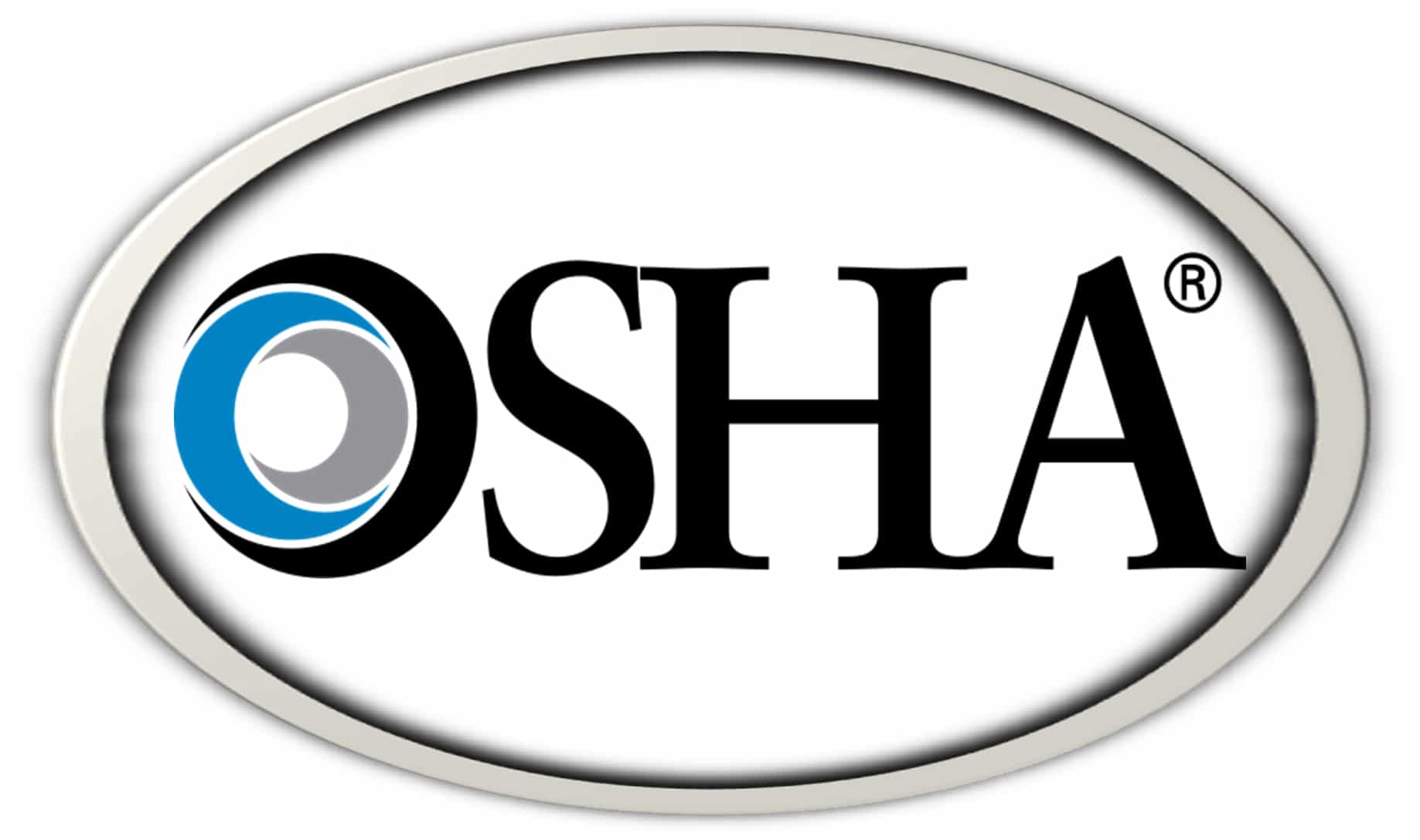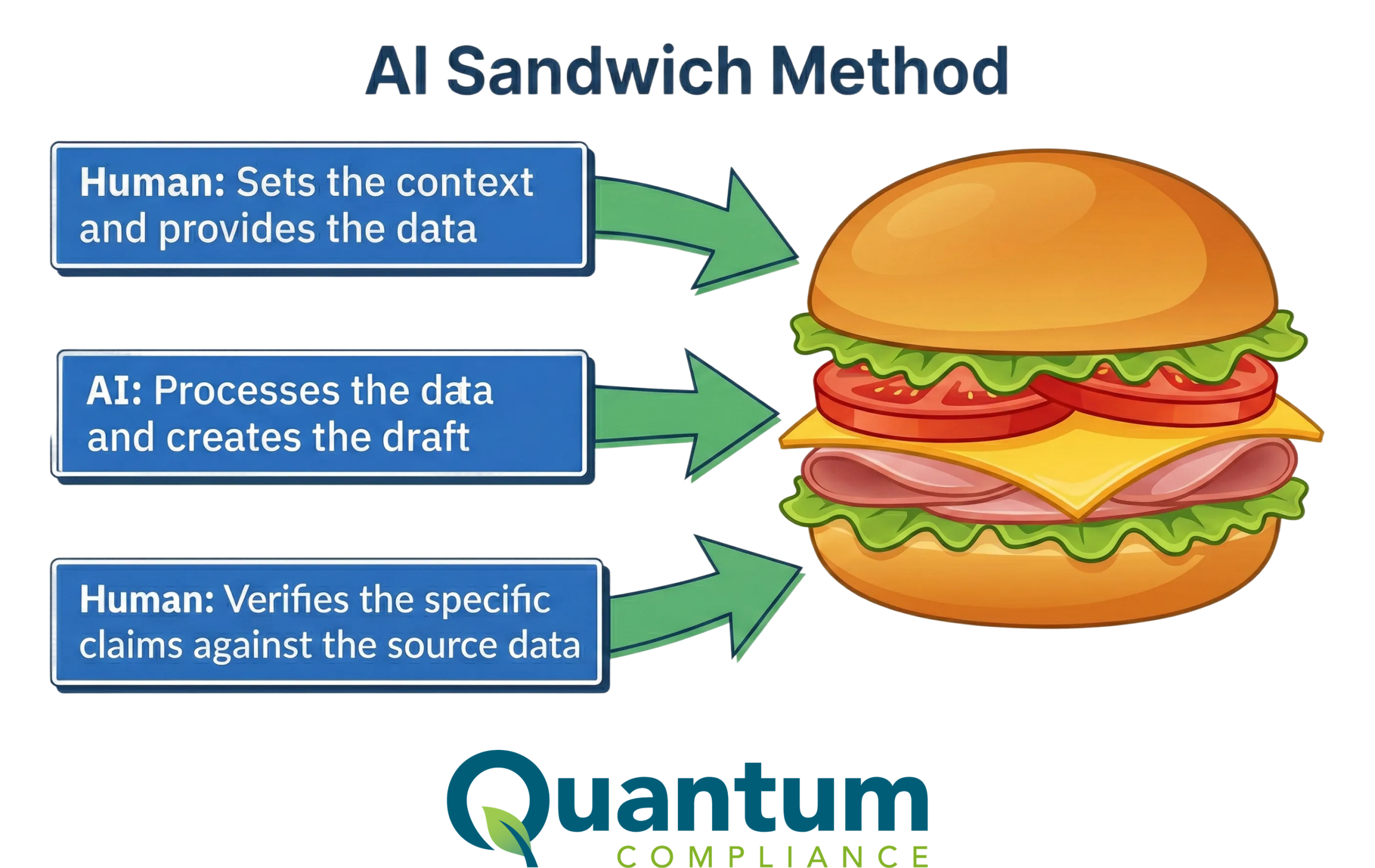 Some months ago, OSHA enacted a new rule for injury and illness reporting. Among other things, this rule greatly strengthened workers’ rights in regards to reporting injuries. These provisions that become effective on August 10, 2016 elicited an unexpectedly large backlash from regulated industries. Citing a need to “conduct additional outreach”, the agency announced that it would delay enforcement the rule until November 1st .
Some months ago, OSHA enacted a new rule for injury and illness reporting. Among other things, this rule greatly strengthened workers’ rights in regards to reporting injuries. These provisions that become effective on August 10, 2016 elicited an unexpectedly large backlash from regulated industries. Citing a need to “conduct additional outreach”, the agency announced that it would delay enforcement the rule until November 1st .
Background
The primary goal of the new rule was to improve the availability of workplace injury data. The main way the rule attempts to do this is with the centralized injury database, which has been relatively uncontroversial. The rule also increases the rate of reporting by more strictly protecting workers who report those incidents.
Under the new rule, employers are strictly prohibited from discouraging or retaliating against workers who report incidents. These clauses have stirred up some discontent among the companies covered by this rule.
The Controversy
Industry advocates have voiced concerns that the new rule could force them to scale back certain safety programs. These programs include mandatory drug testing after an incident, and some incentive-based reward systems. Businesses were worried enough about losing these programs that they filed for an emergency injunction last month, which would’ve essentially repealed the rule.
In their motion for injunction, the aggrieved employers explained that the new rule’s definition of “discouragement” and “retaliation” would include these practices. If correct, this would mean an effective ban on several safety practices.
OSHA’s Reaction
OSHA seems to disagree with the plaintiff’s interpretation of the rule. They insist that incentive programs aren’t necessarily out of compliance with the rule. However, mandatory drug tests are right out, since employers can only conduct a drug test if there is a proximate reason for drugs to be involved in the incident.
OSHA is confident that the complaints will die down as people become better acquainted with the rule. If they’re right about that, we can expect the rule to take effect in about three and a half months.






